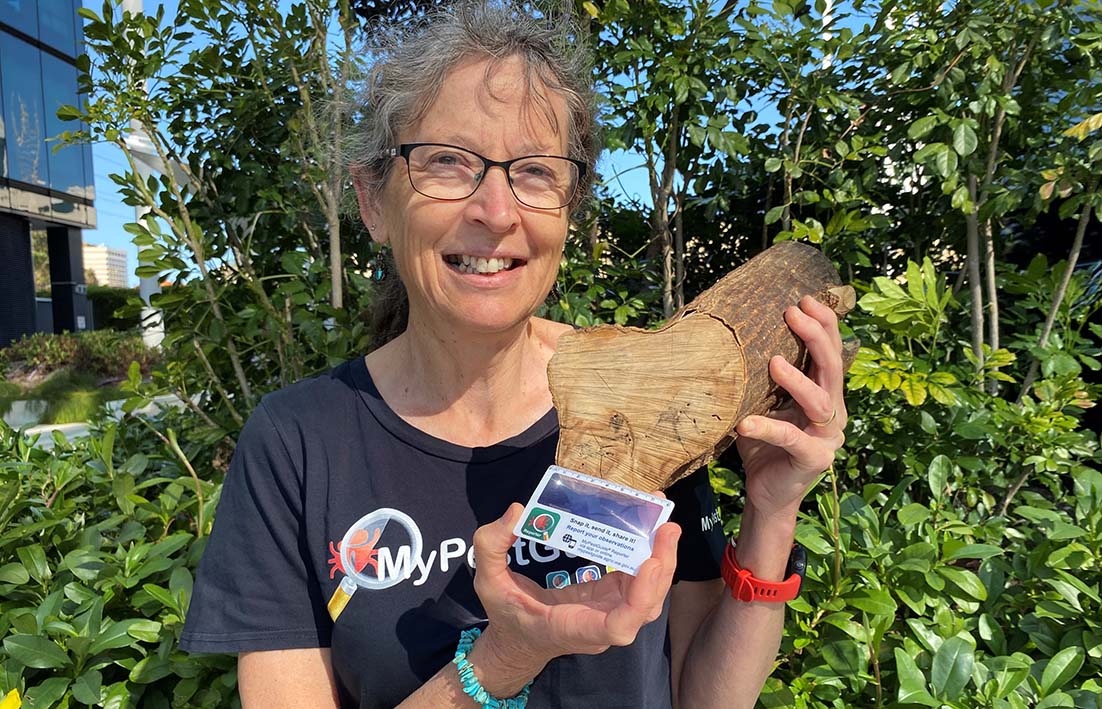
WITH more polyphagous shot-hole borer (PSHB) infestations found each month since it was first detected in Lesmurdie in August, the City of Kalamunda is trying to stop the spread of the invasive beetle.
The city said the pest was first detected in Turner Park and Marri Crescent, Lesmurdie, in August and September, and most recently, a positive infestation was found earlier this month on Elizabeth Street in Kalamunda.
“Under the PSHB National Eradication Program, led by the Department of Primary Industries and Regional Development (DPIRD), the city has been advised of the necessary removal of infected trees, including a river sheoak and a black locust, to reduce the spread and protect the local tree population,’’ a city statement said.
A community information session on PSHB will be held at Pickering Brook Sports Club at 6.30pm on Wednesday, November 6.
The one-hour session includes a 45-minute presentation covering the pest’s biology, life cycle, the types of trees at risk, signs of infestation and how to report suspicious activity.
Last month Bullwinkel candidate Mia Davies said it was time significant resources were allocated for research into management solutions, as there was no guarantee that the pest could be eradicated.
DPIRD has outlined measures they are trying to get rid of PSHB such as plastic wrapping, which has been put forward by some as a possible way to kill the invasive pest.
A DPIRD spokeswoman said as part of the PSHB eradication, the department had examined the use of partial wraps in a few high value trees with small infestations at Kings Park and at Perth Zoo.
“This approach is showing promise but has limited application,’’ she said.
“Mesh trunk wraps have been trialled in the US as a preventative measure to PSHB attack in relatively small trees. In addition to trialling other treatments, DPIRD has been liaising with international scientists and remains open to exploring a range of measures to control this invasive pest.”